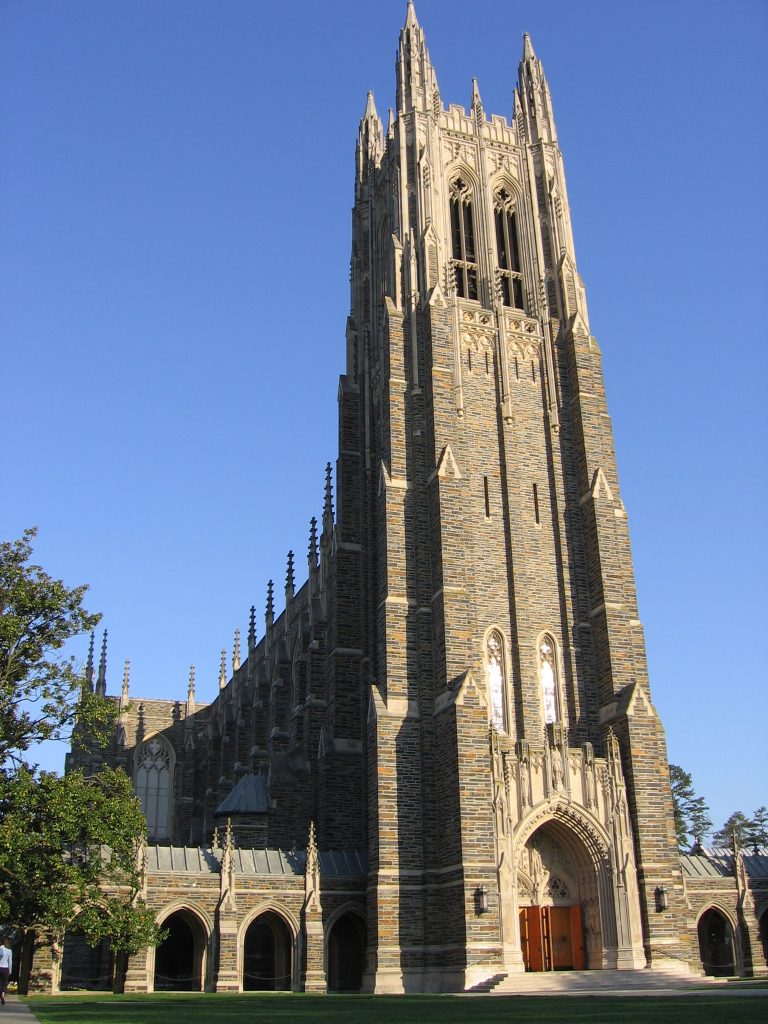
Tomorrow is Joe Thomas’s 35th birthday. And earlier this week, he received quite a birthday present, even if it wasn’t intended that way: Thomas earned a $33.75 million payout from a lawsuit he filed against Duke University six years ago.
As Retraction Watch readers may recall, Thomas was the whistleblower in a case alleging scientific misconduct that Duke settled yesterday for $112.5 million. Our Ivan Oransky has an exclusive profile of him — including how he “celebrated” the settlement — at Medscape. Continue reading Joseph Thomas just earned $33.8 million in a $112.5 million settlement with Duke. Here’s his story.
 Retraction Watch readers may recall the name Erin Potts-Kant. We’ve been reporting on retractions by Potts-Kant, a former lab tech at Duke,
Retraction Watch readers may recall the name Erin Potts-Kant. We’ve been reporting on retractions by Potts-Kant, a former lab tech at Duke, 
 Before we present this week’s Weekend Reads, a question: Do you enjoy our weekly roundup? If so, we could really use your help. Would you consider a
Before we present this week’s Weekend Reads, a question: Do you enjoy our weekly roundup? If so, we could really use your help. Would you consider a 

 A group of researchers at Harbin Medical University in China has had a third paper retracted, making for a
A group of researchers at Harbin Medical University in China has had a third paper retracted, making for a 